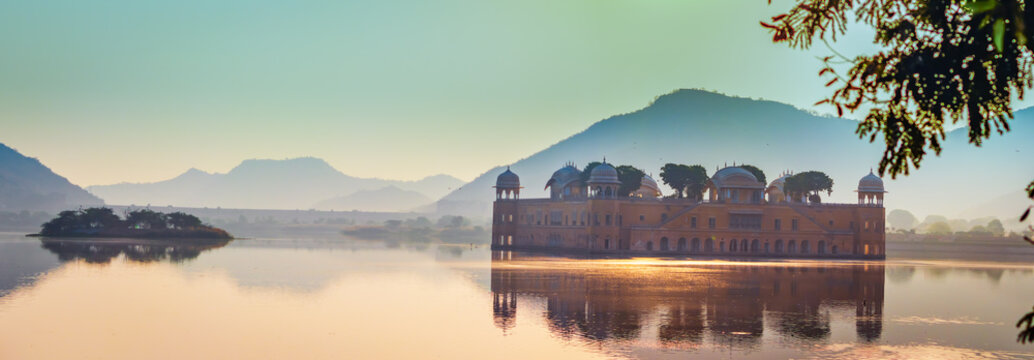Rajasthan, one of India’s most culturally vibrant states, beckons travelers with its majestic forts, opulent palaces, colorful festivals, and diverse landscapes. As tourism evolves, Rajasthan is poised to preserve its rich heritage while integrating modern conveniences, ensuring a seamless and enriching experience for visitors.
Preservation of Heritage: Rajasthan takes immense pride in architectural marvels like the Amber Fort in Jaipur, Mehrangarh Fort in Jodhpur, and Udaipur’s City Palace. These aren’t just tourist attractions; they are symbols of the state’s royal legacy. Future travel initiatives will prioritize their preservation and restoration, ensuring they continue to awe future generations with their historical significance.
Integration of Technology: While steeped in history, Rajasthan embraces technological advancements to enhance visitor experiences. AI-powered travel planning tools will offer personalized itineraries, optimize travel routes, and provide real-time updates on weather and local events. This integration will enrich the journey, allowing travelers to explore Rajasthan’s hidden gems alongside its famous landmarks.
Sustainable Tourism: With global environmental consciousness rising, Rajasthan is committed to sustainable tourism practices. Initiatives focus on reducing carbon footprints, promoting eco-friendly accommodations, and supporting local communities. Travelers can engage in eco-tours, wildlife conservation efforts, and cultural exchanges that benefit both visitors and residents, ensuring Rajasthan’s natural beauty endures.
Cultural Experiences: Rajasthan’s cultural richness remains a cornerstone of its allure. Travelers can immerse themselves in traditional Rajasthani folk dances, culinary delights through cooking classes, and artisan workshops showcasing local craftsmanship. These experiences foster cross-cultural understanding, enriching journeys with authentic encounters.
Enhanced Accessibility: Improved infrastructure will enhance Rajasthan’s accessibility, catering to travelers of all backgrounds. Enhanced connectivity via airports, railways, and roadways will streamline intra-state travel, reducing logistical challenges and opening up lesser-explored regions for discovery.
Digital Transformation: The digital evolution of travel services will redefine how visitors engage with Rajasthan. Mobile apps offering virtual tours, interactive maps, and multilingual guides will empower tech-savvy travelers. Online booking platforms and real-time customer support will simplify trip planning, ensuring a seamless travel experience from start to finish.
Community Engagement: Future travel in Rajasthan will emphasize community involvement and local empowerment. Travelers can participate in community-based tourism initiatives, stay in homestays with local families, and contribute to sustainable livelihoods. These interactions deepen cultural immersion, benefiting both hosts and guests alike.
Adaptation to Changing Demands: Rajasthan’s tourism industry will adapt to evolving traveler preferences. Personalized experiences such as heritage walks, photography tours, wellness retreats, and adventure activities will cater to diverse interests. By diversifying its offerings, Rajasthan will attract a broader spectrum of visitors seeking unique and memorable experiences.
Conclusion: The future of travel in Rajasthan blends its rich heritage with modern comforts, sustainability, and enhanced visitor experiences. By embracing technology, promoting cultural authenticity, and fostering community engagement, Rajasthan will continue enchanting travelers while preserving its legacy for generations. Whether captivated by historical landmarks, cultural festivities, or natural wonders, Rajasthan promises an unforgettable journey into India’s royal past and vibrant present.
For more information on Rajasthan tour packages, visit Rajasthan Bhumit Tours.












